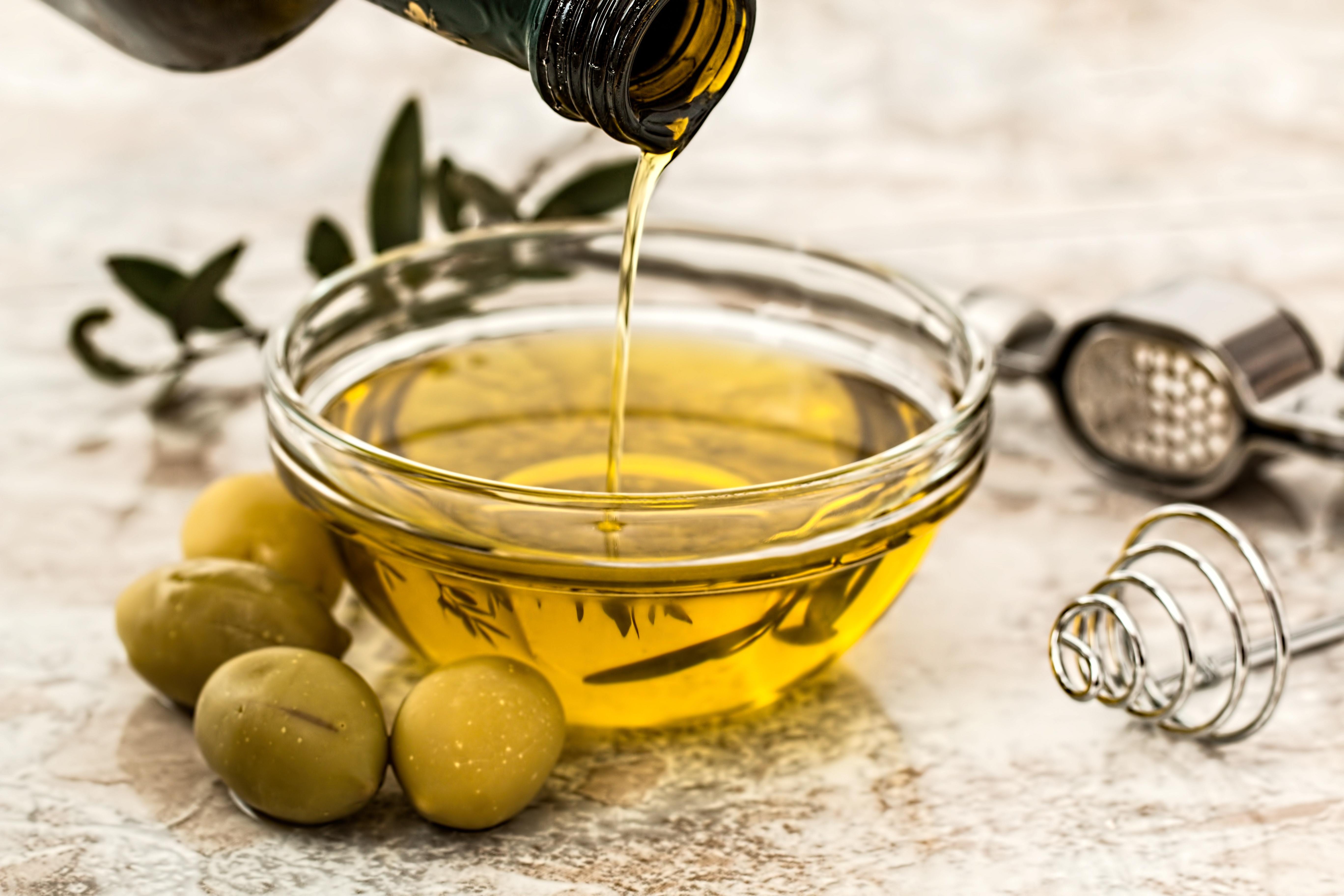If this were 1990, people would laugh if you suggested adding avocado to toast. Fat was the enemy and low-fat and fat-free products including cookies, crackers, cheese, salad dressings took over the grocery stores. Thankfully science has progressed, and we know now that some fats are better than others.
Better fat choices result in better health.
The types of fats we consume on a regular basis matter. Avocado has become popular because of its neutral taste, creamy texture and health benefits. High in monounsaturated fat, antioxidants and potassium, avocado can be incorporated into salads, Mexican dishes or added on top of toast. One study found that adding sliced avocado to a burger reduced markers of inflammation in participants’ blood compared to controls consuming a burger without avocado. Other fats with health benefits include polyunsaturated fats like nuts and seeds, and monounsaturated fats such as extra virgin olive oil and canola oil.
On the other hand, we need to limit both saturated fat and trans-fats. Saturated fat, which is solid at room temperature, should be limited to 10% or less of total calories according to the American Heart Association. These fats typically come from animal products such as beef, bacon, butter, full fat cheese and other full fat dairy products, poultry skin, and tropical oils such as coconut and palm oil. Trans-fat, (also called hydrogenated fat), is created when hydrogen is added to a liquid fat (typically vegetable oil) and made into a solid fat. Trans-fat should make up even less of our calorie intake. Experts advise no more than 2% of calories come from trans-fat. Diets high in saturated and trans-fat have been linked with heart disease and stroke.
Sugar in limited quantities is okay.
It’s your birthday? Eat cake! But not every day is your birthday. To date, there are no research studies to support the benefits of a diet high in refined sugar. Sugar, when combined with fat, butter, flour and eggs in desserts and baked goods provides additional calories without any nutrients. Excess consumption of sugar may lead to obesity, dental carries and heart disease. Clearly, less is best. The US Dietary Guidelines suggest no more than 10% of calories coming from sugar.
Looking back, we did not realize that when companies reformulated foods to reduce fat, they increased the added salt and sugar; but now we know. For example, fat-free cookies or salad dressing are higher in sugar than their regular counterparts. As fat-free foods became more popular, people didn’t pay attention to serving sizes or calorie consumption, and consequently, gained weight. Excess sugar in our diet not only causes weight gain, but contributes to the development of diabetes and heart disease.
Excess sodium consumption is linked to the “silent killer”.
In addition to limiting sugar, saturated fat and trans-fat, consumers are wise to limit sodium in their diet. Research has established a link between diets high in sodium with hypertension, “the silent killer”. While we need some sodium in our diets to maintain normal fluid balance in our cells and maintain normal nerve and muscle function, most of us consume too much. The US Dietary Guidelines suggest no more than 2300 mg of sodium per day. Sodium is present primarily in processed foods and adds up throughout the day from breakfast meat, canned foods, frozen meals, salty snacks and fast food.
How can you keep “extras” on your plates in a healthy way? Here are five tips to get you started:
- Use unprocessed fresh or frozen poultry and fish over red meat and pork, especially highly processed products like bacon and cold cuts.
- Include meatless meals more often using tofu, lentils, and beans to reduce fat intake.
- Choose seasonal fruit for dessert such as berries, pears and citrus fruit.
- Eat unsalted or lightly salted snacks like mixed nuts or seeds in place of chips and pretzels.
- Use fresh or dried herbs such as cilantro, garlic, or onions to flavor foods instead of bacon, table salt, and high sodium seasonings like adobo.

Lorraine Matthews-Antosiewicz, MS, RD
If it’s finally time to start eating healthier, check out Nourished.Healthy.Happy. Join our group and receive healthy eating tips, delicious recipes, and daily support to live your best life. Everyone is welcome!
Article adapted with permission from: foodandhealth.com


